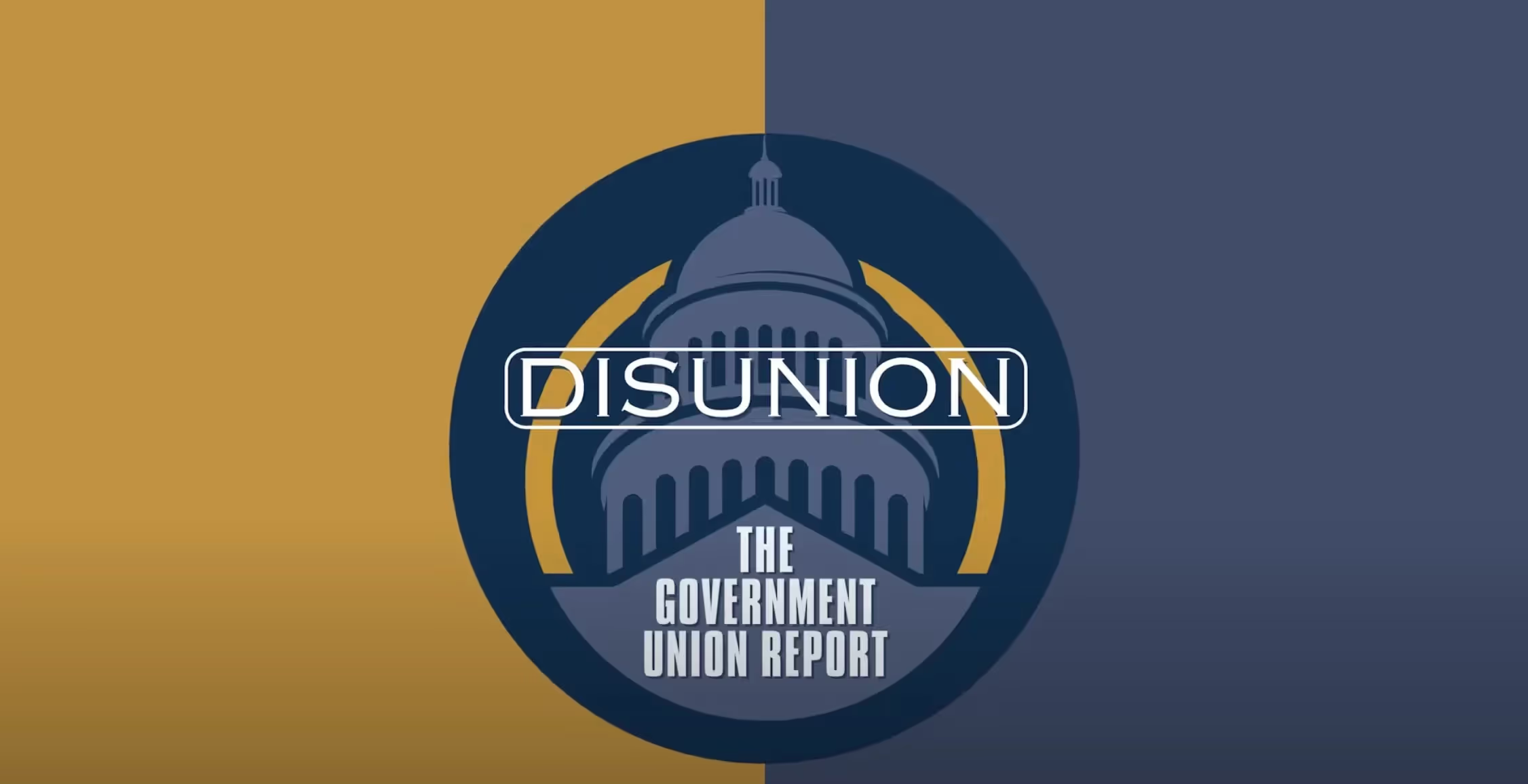
The FTC and AI: May a Thousand Competitive Flowers Bloom
Perhaps the best answer to the question of how competition law should apply to AI is, “As it does to any other industry.”
How should competition law apply to artificial intelligence (AI)? It’s a question that deserves more attention as AI becomes a larger part of our economy and our daily lives. Presumably, everyone can agree that extreme concentration in the AI space is undesirable.
Competition among AI firms — large and small — can reduce many of the concerns that dominate headlines on AI. For example, a competitive market in AI companions — tools capable of mirroring human behavior and, in some cases, even establishing relationships with users — can make these instruments more readily available, better covering the gamut of interests and values. Competition among defense tech firms developing leading AI weapons systems can prevent the US government from becoming too reliant on a few firms and thus be more capable of pushing the technological frontier. More generally, a vibrant AI ecosystem will increase the odds that the US will discover, develop, and diffuse the next best AI before our adversaries.
Cultivating this type of market is like carefully tending a garden. Wait too long to remove the weeds, and you’ll find that the real flowers have been overrun. However, if you start digging up anything that looks like a dandelion without proper care, you might end up with no garden at all, or at least not a beautiful one.
The Sherman Act of 1890 empowered the federal government to target the biggest, entrenched weeds, the obviously anti-competitive firms that intentionally blocked the sun from reaching upstart rivals. Smaller weeds, however, were generally left free to grow under that law. Lawmakers responded with the FTC Act and, in particular, Section 5.
Section 5 warrants particular attention from those analyzing the application of competition law to AI for two reasons. First, it authorizes the Federal Trade Commission (FTC) to intervene in nascent industries like AI to foster competitive conditions before concentration becomes practically irreversible. In short, this provision permits the FTC to start the weed removal process at an earlier stage.
Second, the bounds of that authority are contested, which has significant ramifications in debates about whether, when, and how the FTC should prune the AI market. A review of the FTC Act’s text, history, and recent interpretations by FTC Chair Andrew Ferguson suggest how this pivotal piece of law may apply in this critical industry.
As originally enacted, Section 5 prohibits “unfair methods of competition.” It’s an incredibly vague prohibition that invites the FTC to “seize the offender before his ravages have gone to the length necessary to bring him within the law that we already have.” At least that’s how Senator Cummins, chairman of the committee which reported the bill, framed the purpose of the provision. Put differently, Section 5 allows the FTC to flag behavior that has a “tendency” of leading to anti-competitive outcomes.
To return to the garden metaphor, isolating which behaviors have such a tendency is no easy task. That’s precisely why Congress did not codify an itemized list of prohibited “unfair methods of competition.” It opted to form the FTC as a body of experts. The hope was that these individuals could apply their business experience to a case-by-case review of whether a specific behavior by a specific actor in a specific market crossed the line into “unfair” territory. This careful, narrow scrutiny would strike the right balance, given the concerns mentioned earlier, such as intervening too early or reacting too late. Congress did not leave the FTC without any direction, though. As summarized by the Supreme Court soon after the passage of the FTC Act, the fundamental aim of the law involved “fair, reasonable competition, independence to the individual, and disassociation among the corporations.”
Though the interpretation and application of Section 5’s limitations on competition have varied over time, a focus on specific types of barriers to entry has emerged. The FTC has frequently flagged the following as especially problematic: contractual means, such as tying arrangements, to inhibit competition; manipulation of product information (e.g., deceptive or misleading claims about a product’s features and capabilities) to shift competition away from the merits of the product to the marketing; use of legal process and rights to thwart entry, such as patent and copyright trolling; and, relational tactics like bundling to undercut the market for upstarts. The throughline is maintaining an ecosystem where rivals can acquire the necessary resources, users, data, and distribution to compete.
As has been serially noted by Chair Ferguson (including in dissents penned while he was in the minority and serving as a Commissioner), these recurring issues do not alter the fundamental task for the FTC when enforcing Section 5. As has been the case since 1914, the Commission is responsible for pursuing this task on a case-by-case basis. As with weeding, this can prove to be a labor-intensive and challenging process. But that’s as intended. This methodical and empirical approach not only aligns with the intent and purpose of the FTC Act but also serves as a good strategy for ensuring competitive markets in nascent industries. Each enforcement action provides the Commission with a chance to study the ins and outs of an industry, surfacing new information that Congress can use to craft more comprehensive laws.
Some stakeholders want the FTC to assume a broader mandate under Section 5. Instead of just removing problems, they want the FTC to decide what should be planted. For example, last year, before Ferguson assumed the chairmanship, the FTC pursued a case against pharmacy benefit managers (PBMs). These groups negotiate rebates and discounts from drug manufacturers on behalf of employers and consumers. In an expansive interpretation of Section 5, the Commission alleged that PBMs’ use of rebate structures is an “unfair method of competition.” In studying the industry, analysis by then-Commissioner Ferguson and Commissioner Melissa Holyoak suggests that the FTC may have rushed its research and failed to engage with industry stakeholders adequately.
Given the importance of this industry, this allegation must be taken seriously. The FTC’s powers do not grow due to public interest in its work, nor do its responsibilities for high-quality research shrink when political pressure mounts. Section 5 does not grant the Commission the power to proactively shape any market, regardless of its economic and political significance. The Commission’s role under Section 5 is limited to ensuring that growth opportunities exist.
The AI market will make this difficult. AI is characterized by many attributes that make it difficult to distinguish between weeds and flowers. A successful frontier AI company needs incredible amounts of data and access to compute. Those natural barriers to entry make it harder to assess whether an incumbent is behaving in a way that heightens them or simply acting like any competitive business would. The influx of new AI startups offering products with innovative, intricate features will challenge the Commission's ability to distinguish between minor exaggerations and genuinely deceptive practices. Furthermore, the early stages of this marketplace place higher stakes on the FTC’s actions — mistakes in enforcement today will have long-term consequences.
Perhaps the best answer to the original question of how competition law should apply to AI is simply, “As it does to any other industry.” The FTC is not a technology-specific regulator. Its mission and its authorities do not change in response to new tech. AI raises a number of competition law questions, especially around what constitutes unfair methods of competition in the evolving industry. The pragmatic (and permitted) path forward is for the FTC to assist in close study of AI firms. Careful analysis of trends will help the FTC separate the weeds from the flowers while still allowing the industry as a whole to grow.
Kevin Frazier is the AI Innovation and Law Fellow at the University of Texas School of Law and co-host of the Scaling Laws podcast.
Economic Dynamism

The Causal Effect of News on Inflation Expectations
This paper studies the response of household inflation expectations to television news coverage of inflation.
.avif)
The Rise of Inflation Targeting
This paper discusses the interactions between politics and economic ideas leading to the adoption of inflation targeting in the United States.

The Housing Crisis
Soaring housing costs are driving young people towards socialism—only dispersed development and expanded property ownership can preserve liberal democracy.
.jpeg)
America Needs a Transcontinental Railroad
A proposed merger of Union Pacific and Norfolk Southern would foster efficiencies, but opponents say the deal would kill competition.

The Civitas Outlook Energy Symposium
Energy policy in America has become, over the past few decades, one of the most fraught debates in American politics.

From Energy Repression to Energy Dominance
Even the most powerful computers on earth have no idea how much energy America will need for the next generation. What, then, is the path forward?





.jpg)

.jpg)




.webp)


